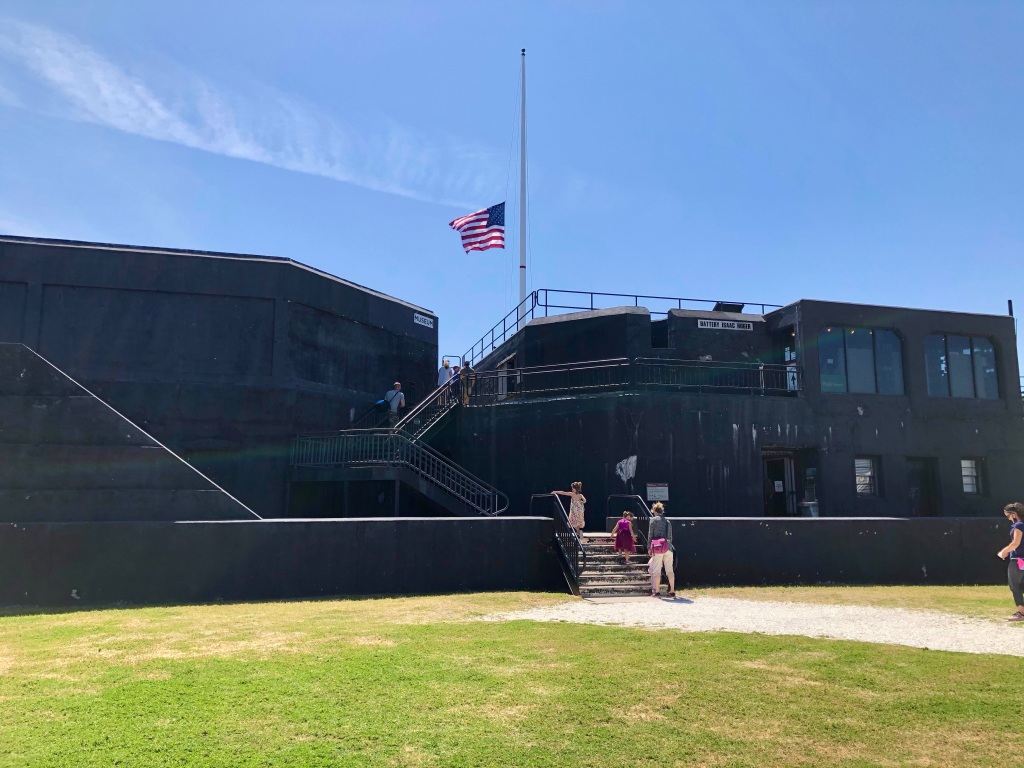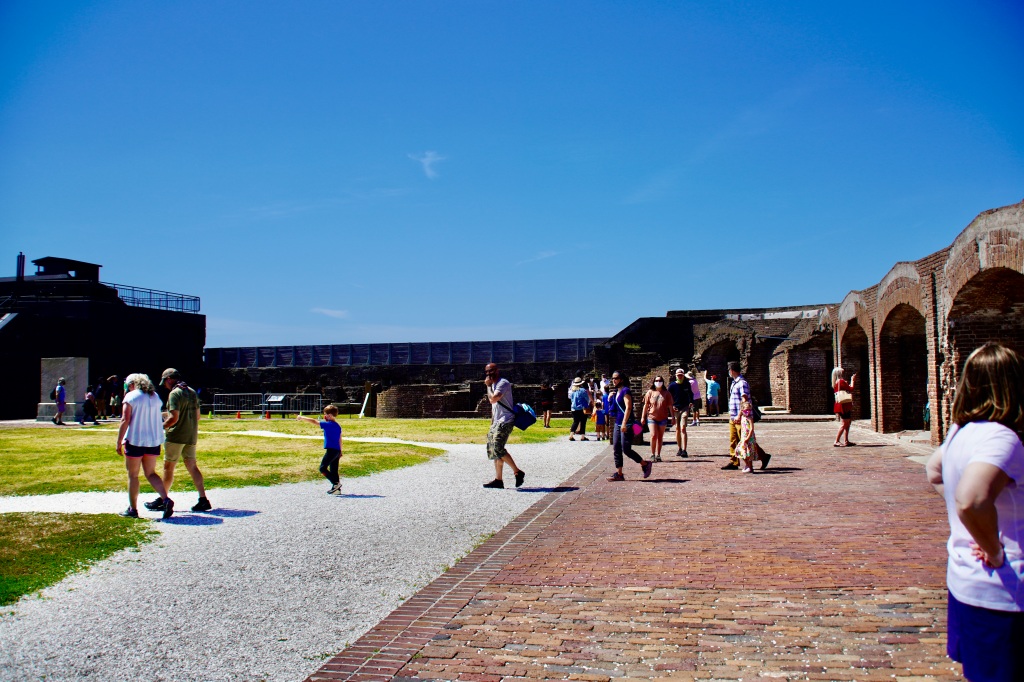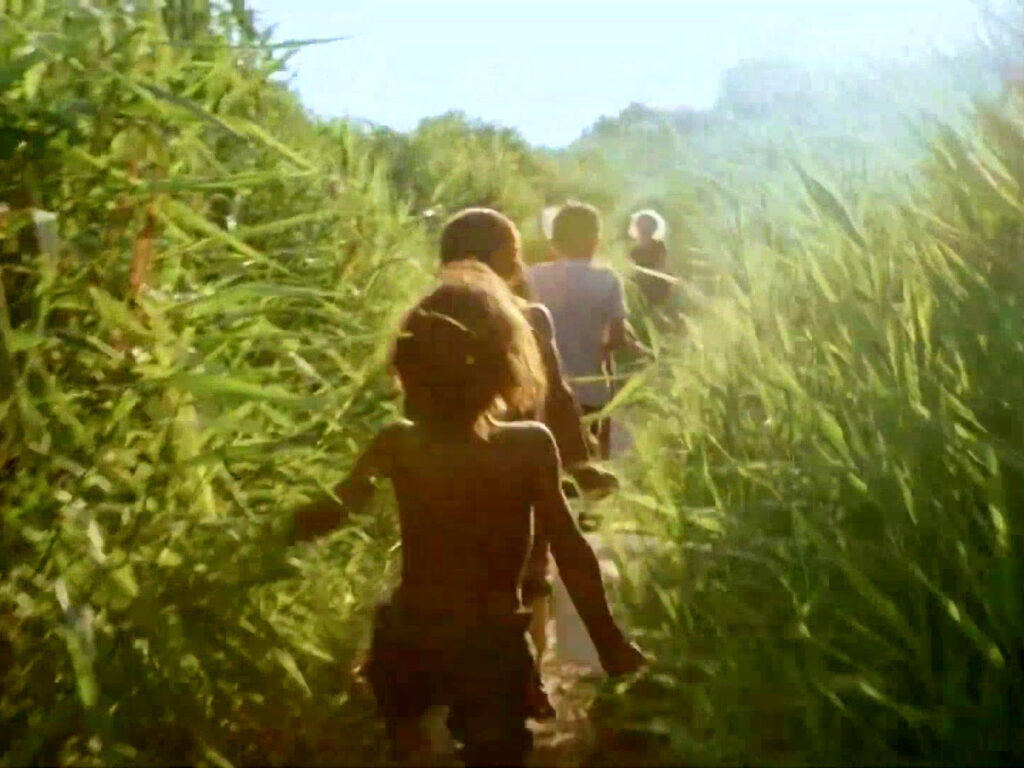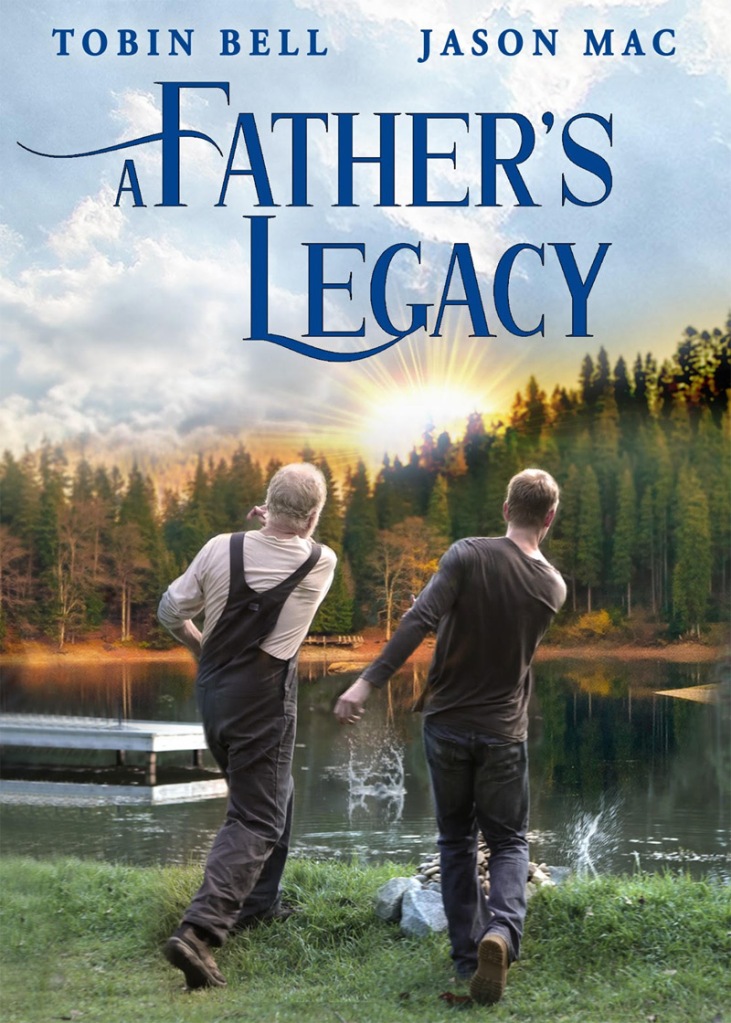“I distinctly remember forgetting that”—Clara Barton,
“The Angel of the Battlefield” during the Civil War

How do we respond to sins and offenses against us? I’m all for justice and protecting people from evil . . . inasmuch as possible. By far the most common crime reported to the police is related to stealing: theft, larceny, burglary, and robbery. These offenses are all related to material possessions with monetary value, and it’s possible to enforce the return or replacement of items, although not the sentimental value of the lost items, nor the sense of invasion that comes from being robbed.
I also believe crimes like murder, kidnapping, and rape should be punished according to governmental laws (Exodus 20:13; 21:16; Deuteronomy 22:25). However, even if the perpetrator is penalized, nothing can bring a dead man back to life, undo the emotional trauma suffered by a kidnapped child, or relieve the anguish of someone who’s been assaulted. Imprisonment can protect people from perpetrators going forward, but nothing can undo the damage.
And, what about the myriad offenses that aren’t civil law but are hurtful, like the moral laws God provided in the Ten Commandments, such as “Thou shalt not bear false witness”? There is no punishment we can really mete out for being snubbed because we’re women or despised because our skin is white or black or brown. God created us with distinct age, gender, and racial characteristics that are all good, just different. But, how can we fight against prejudice and unfair persecution?
I don’t think we can force others to “be nice,” nor do I think we should labor under the burden of trying to pay for the sins of our forefathers: “The fathers shall not be put to death for the children, neither shall the children be put to death for the fathers: every man shall be put to death for his own sin” (Deuteronomy 24:16). However, there are three things we can do and are responsible for: not sinning against others, seeking forgiveness and restitution when we do sin, and forgiving those who have offended us.
For some, controlling their anger and ill will might be the hardest, but I’ll bet for most of you reading this blog, the hardest part is learning to forgive. For many years as a young person, I thought I could/should only forgive someone if they truly repented and asked my forgiveness . . . and then I begrudgingly felt obligated to forgive based on the many verses in the Bible that require those who claim God as their father to forgive: “For if you forgive men their trespasses, your heavenly Father will also forgive you: But if you forgive not men their trespasses, neither will your Father forgive your trespasses” (Matthew 6:14-15).
I wanted God to forgive my failures and sins, and so I knew I had to forgive others too, but I was a begrudging forgiver. “Once burned, twice shy.” I would be very wary of anyone who (to my way of viewing life) hurt me or was unfair with me. I failed to forget, although I knew that God was merciful and forgiving: “As far as the east is from the west, so far hath he removed our transgressions from us” (Psalm 103:12).
Gradually, I started to change my attitude. I wanted to be free from bitterness and hostility and grudges. I could feel the withdrawal of the Holy Spirit when I nursed my wounds rather than embracing grace. Eventually, my desire to be close to my Father became more important to me than hanging on to my hurts, and I wanted to let go, but it was really hard! I can’t find the quote, but I believe it was Abraham Lincoln who said he never wanted to forget a kindness nor remember an offense. Me too.
Why? For one thing, forgiveness is the only way to actually recover. The greatest beneficiary of my forgiveness is myself. If I don’t forgive, the poison remains like a cancer eating away at my heart. When I forgive, the cancer is excised, and my heart can heal. But how?

(Alexander Pope, in his poem An Essay on Criticism)
What I’ve learned over the years is that true forgiveness accepts and absorbs the evil without requiring repayment, but we can’t do this in ourselves. We can only do this by faith, based on our truly grasping the reality that Jesus paid the penalty for all sins, not only ours but the sins of those who hurt us. If we try to do this in our own strength, we simply fail and become bitter. We have to turn to God, ask Him to forgive us for our unforgiving spirit, and ask Him to work a miracle in us. Not just for today, but for every day we remember the offense. That may take a year or the rest of our lives in some cases, but the better we are at forgiving and forgetting, the happier we’ll be. So, I’ve been practicing Clara Barton’s brilliant line, “I distinctly remember forgetting that.” Will you join me?

“And be ye kind one to another, tenderhearted, forgiving one another, even as God for Christ’s sake hath forgiven you” (Ephesians 4:32).









































































